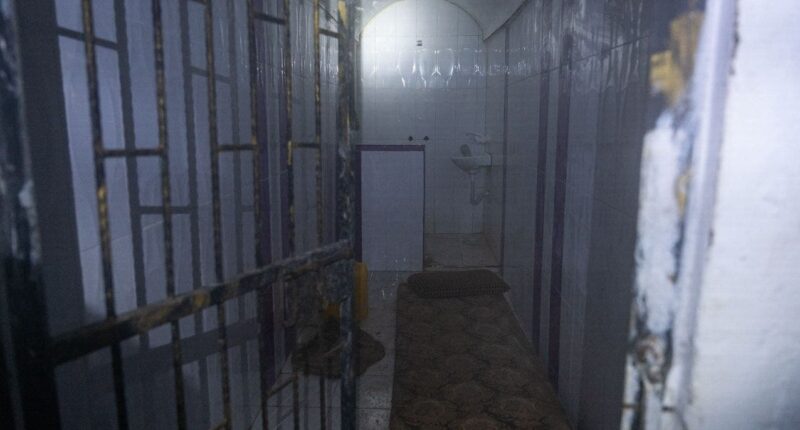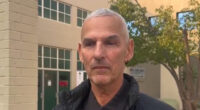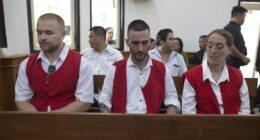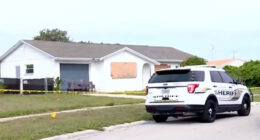According to the report, psychological abuse was just as devastating. Hostages were isolated and made to witness violent acts. Those who survived recounted experiences of severe trauma, such as dissociative episodes, intense nightmares, and overwhelming guilt for leaving their loved ones. Many of them are still struggling to adapt to normal life, haunted by the atrocities they were subjected to.
The release of the report has elicited mixed reactions. While it acknowledges the suffering of the survivors, it also rekindles emotional pain for families and those who have returned. Dr. Hagai Levine, the head of the Health Team for Hostages and Missing Families Forum, stated, “The detailed report highlights the pressing need for international intervention.”
Dr. Levine underscored the challenges in assisting freed hostages. He mentioned that they grapple with profound psychological issues like post-traumatic stress disorder (PTSD), anxiety, depression, and difficulties in reintegrating into society. Additionally, children often exhibit developmental setbacks and heightened anxiety. The process of rehabilitation necessitates a comprehensive, prolonged strategy involving various specialists.
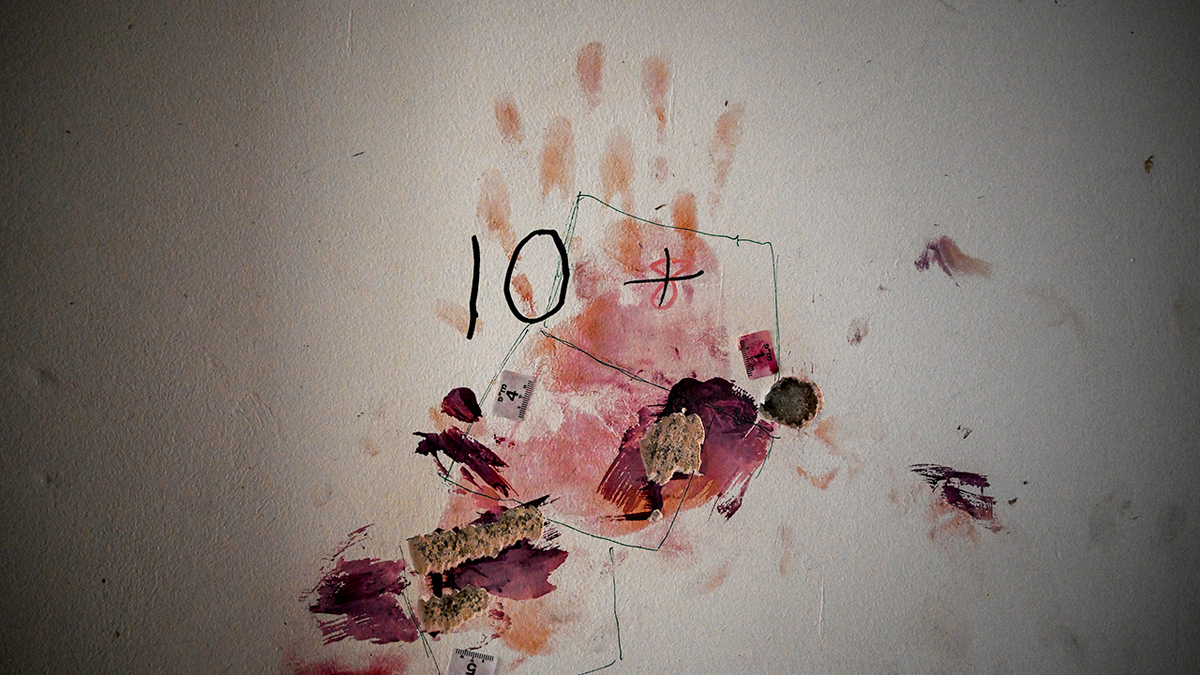
A bloodied handprint stains a wall in a Nir Oz house after Hamas terrorists attacked this kibbutz days earlier near the border of Gaza. (Alexi J. Rosenfeld/Getty Images)
Minister Busso’s statement to the U.N. was unequivocal: “The testimonies presented in this report serve as a wake-up call for the international community to apply increased pressure on Hamas and its supporters to free all the hostages without delay. It is a moral and humanitarian imperative, and the time to act is running out.”
